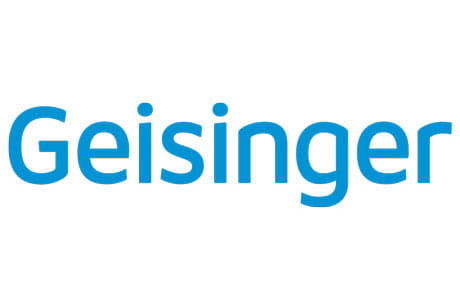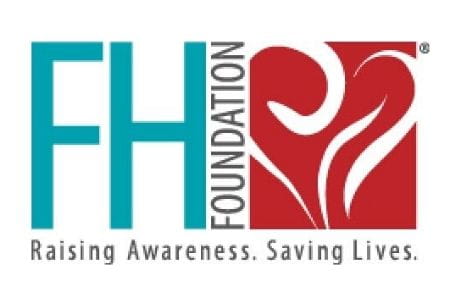Geisinger researchers receive $2.8 million to study familial hypercholesterolemia screening approaches
FH is the most common genetic cause of early, life-threatening cardiovascular disease
DANVILLE, Pa. – Researchers at Geisinger have received $2.8 million from the National Heart, Lung, and Blood Institute of the National Institutes of Health to improve detection of and family screening for familial hypercholesterolemia (FH). The project will be executed in collaboration with the FH Foundation, a patient-centered nonprofit organization dedicated to research, advocacy and education about FH.
People with FH have very high LDL cholesterol levels, and FH is the most common genetic cause of early, life-threatening cardiovascular disease. FH causes 20 percent of early heart attacks (before age 45). Significant reduction of LDL cholesterol beginning in childhood is key to successful risk reduction.
The disorder affects more than 34 million people worldwide and more than 1.3 million people in the United States, but less than 10 percent of these are diagnosed. Family screening, known as cascade screening, has been shown to improve diagnosis rates, but an effective method for this screening has not been successfully implemented in the U.S.
“Familial hypercholesterolemia is profoundly underdiagnosed in the U.S., leading to premature death in the absence of proper identification and subsequent treatment,” said Amy Sturm, MS, professor at Geisinger’s Genomic Medicine Institute and co-director of the MyCode Genomic Screening and Counseling Program, and one of the study’s principal investigators. “This study will focus on not only identifying FH, but also the development and design of innovative tools and programs to help individuals with FH encourage their at-risk family members to be screened for the disorder.”
The study, “Identification Methods, Patient Activation, and Cascade Testing for FH” (IMPACT-FH), aims to optimize FH identification methods, increase screening of at-risk relatives of individuals with FH, and determine how to implement needed changes in healthcare systems across the U.S. The study will also assist individuals with FH in communicating their diagnosis and genomic risk results to at-risk relatives to motivate them to undergo screening. Sam Gidding, M.D., of the FH Foundation is the other principal investigator on the study.
“You never find an individual with FH, you always find a family,” said Katherine Wilemon, founder and chief executive officer of the FH Foundation. “This study will help evaluate the best methods that individuals with FH can use to communicate their diagnosis results with their at-risk family members in order to motivate those family members to undergo family screening.”
FH is one of more than 30 conditions screened for in MyCode, Geisinger’s groundbreaking genomic medicine project. Since 2007, more than 250,000 people have enrolled in the study and nearly 1,500 have received clinically actionable results. These results allow patients to work with their care providers to prevent or detect disease in its early stages, leading to better health outcomes.
About the FH Foundation
The FH Foundation is a leading research and advocacy non-profit organization focused on reducing heart disease by driving scientific understanding and evidence-based care of familial hypercholesterolemia. Our mission is to save lives by contributing to scientific research that leads to greater understanding and improved diagnosis and treatment of FH worldwide. Learn more at thefhfoundation.org or connect with us on Facebook, Instagram, LinkedIn and Twitter.
About Geisinger
Geisinger is among the nation’s leading providers of value-based care, serving 1.2 million people in urban and rural communities across Pennsylvania. Founded in 1915 by philanthropist Abigail Geisinger, the non-profit system generates $10 billion in annual revenues across 134 care sites - including 10 hospital campuses, and Geisinger Health Plan, with 600,000 members in commercial and government plans. The Geisinger College of Health Sciences educates more than 5,000 medical professionals annually and conducts more than 1,400 clinical research studies. With 26,000 employees, including 1,600 employed physicians, Geisinger is among Pennsylvania’s largest employers with an estimated economic impact of $14 billion to the state’s economy. On March 31, 2024, Geisinger became the first member of Risant Health, a new nonprofit charitable organization created to expand and accelerate value-based care across the country. Learn more at geisinger.org or connect with us on Facebook, Instagram, LinkedIn and X.


For media inquiries:
Ashley Andyshak Hayes
Marketing Strategist
Marketing & Communications
570-271-8081
arandyshakhayes@geisinger.edu
